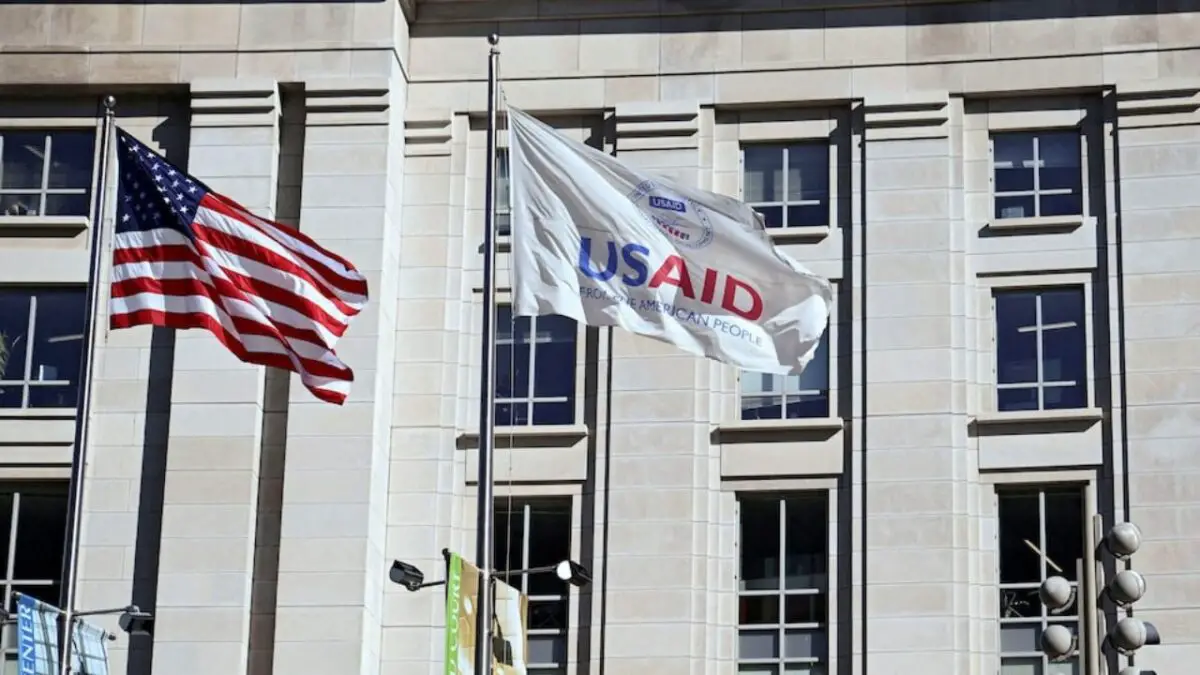By Fidel Rahmati
The U.S. has dismantled USAID, shifting all foreign aid control to the State Department, ending decades of global humanitarian and development efforts.
In a major shift in American foreign aid policy, U.S. Secretary of State Marco Rubio announced on Tuesday, July 1, that the U.S. Agency for International Development (USAID) will no longer manage U.S. foreign assistance programs. He stated that USAID has failed in its mission and is no longer aligned with current U.S. strategic interests.
Rubio confirmed that moving forward, all U.S. foreign aid efforts will be handled directly by the Department of State. Only those programs that are aligned with the U.S. government’s policies and advance American national interests will be allowed to continue.
“Developing nations had grown dependent on USAID assistance,” Rubio remarked in a press briefing. “Future aid will be conditional, strategic, and aligned with American interests abroad.” He described the move as a realignment rather than a retreat from global engagement.
The announcement comes in the wake of mounting criticism toward USAID’s effectiveness and growing calls within the Trump administration for tighter control over foreign spending. USAID had already seen budget cuts and diminished authority since Trump took office.
However, a recent global impact study has warned that the termination of U.S. financial assistance—particularly in health, education, and food security—could result in the deaths of over 14 million people worldwide within five years. Aid experts argue that removing USAID without sustainable alternatives puts millions at risk in developing regions.
USAID, established in 1961 under President John F. Kennedy, has long been a cornerstone of U.S. humanitarian and development outreach. It has funded critical programs in more than 100 countries, including vaccination campaigns, post-disaster reconstruction, and women’s education initiatives.
Critics of the decision say that eliminating USAID’s operational role will erode U.S. global influence and dismantle decades of soft diplomacy. As global crises—from climate change to refugee displacement—intensify, many fear this policy shift could leave vulnerable communities without support and deepen geopolitical instability.
